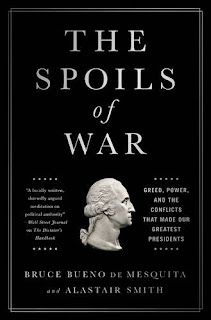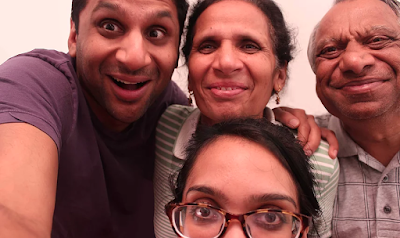A friend recently asked me what podcasts I like and, being an audial learner I'm a big fan of podcasts so it became a long list. Since I am always looking for good podcast recommendations I thought I'd share it here. I use the Player FM app mostly so most of these links head there--the app is good, but there are some limitations so I couple it with Podcast Addict when I bump into problems (it's hard to subscribe to specialized feeds or find things outside the Player FM world in P-FM).
The podcast I've been listening to the longest and have been the most consistently impressed with is EconTalk with Russ Roberts. He discusses economic implications across the board; interviews hair salon owners and oyster farmers about the economics of their business systems, talks to third-world development analysts about what aid isn't working (and got Jeff Sachs to come on because Sachs didn't like the bad press!), and what could work, etc.
I've also really enjoyed Strong Towns with Chuck Marohn; a civil engineer who began to feel that the current city planning/infrastructure/development pattern is a Panunzi scheme and is trying to offer alternatives focused on fiscal responsibility and stronger communities. Aaron Renn's (from The Urbanophile) analysis of cities is also interesting.
Dan Carlin's Hardcore History is really good: I've listened to his series on WWI, WWII's eastern front, the Kahn's empire, and the Punic Wars, and his individual episodes on the atomic age, the Anabaptist uprising at Munster, the Gilded Age, etc. All very good; I've also enjoyed A History of the United States which starts early enough to be of some use for just broad context with my dissertation. The Napoleon Bonaparte Podcast turned me into a fan of Napoleon, which, as a Patrick O'Brien and Bernard Cornwall reader, was very unexpected.
Dan Carlin's political commentary cast called Common Sense is good and comes from a perspective that's outside the lines of either party. I also discovered The Rubin Report recently and am surprised how much I agree with the perspective of a gay, Jewish atheist (politically he's a Classical Liberal/Libertarian). For balance I've also liked Decode the News: it's very left-leaning though I think it falls into the trap of thinking it's being objective, but is done by a PhD in journalism who is trying to explain the techniques being used in news-reporting so you can see how you're being manipulated which is very helpful.
I've gotten interested in personal finance through the Mr Money Mustache blog and that led to The Mad Fientest, Radical Personal Finance (who answered one of my questions on the cast!), and Bigger Pockets.
Devotionally I like Every Day in the Word's ESV through the Bible in one year cast (it's just one of the ESV audio recordings arranged for daily reading) and I like hunt-and-pecking The Gospel Coalition, The Bible Project and Research on Religion, and any Keller sermons I can find; our new church in CT, Christ Presbyterian Church of New Haven has a good sermon feed, and their classes on the Mission Anabaino feed are good. I have also really enjoyed Rick Downs' preaching at Christ The King in Boston.
x



